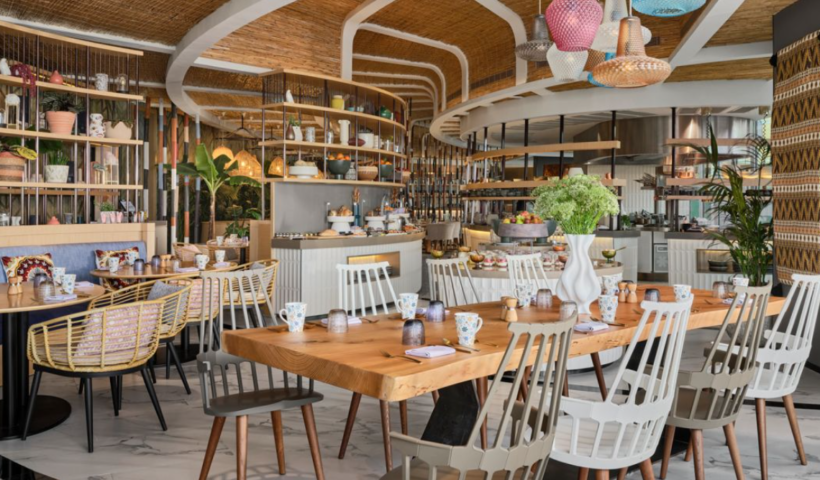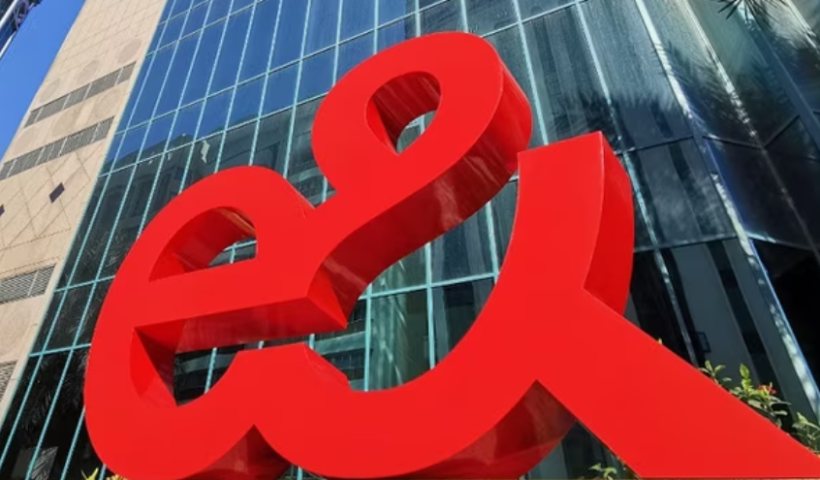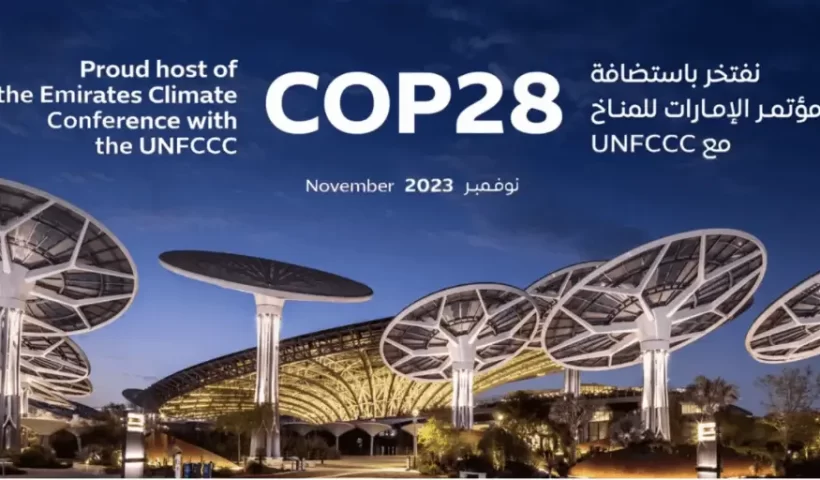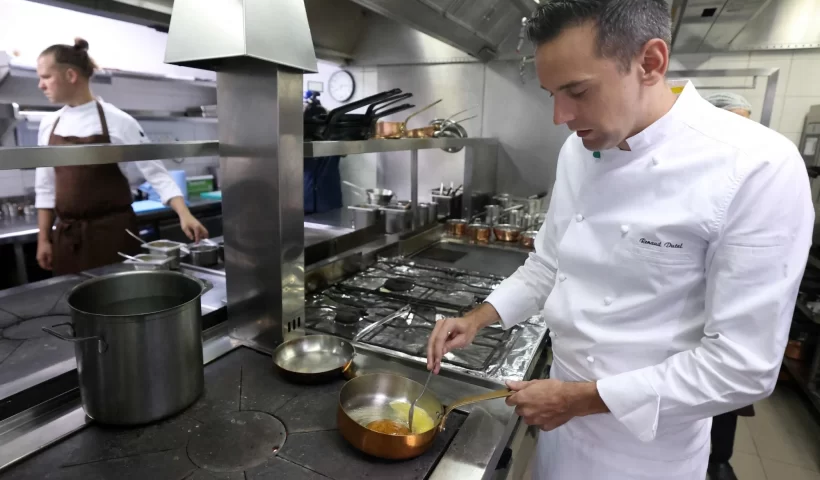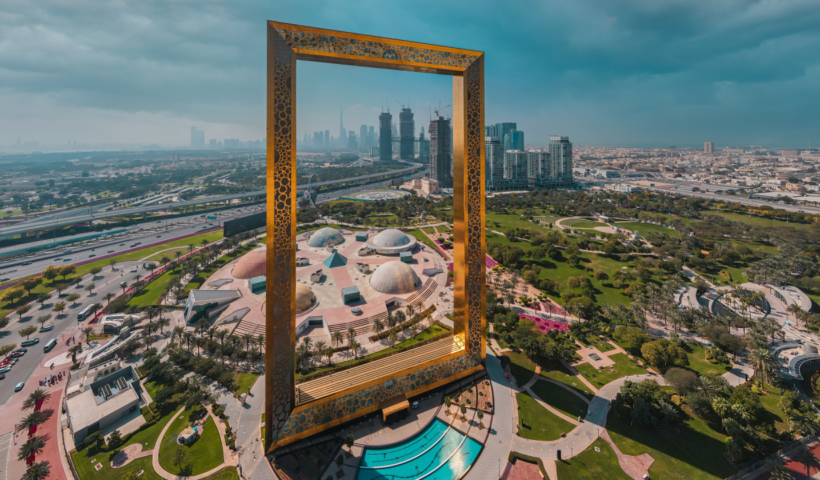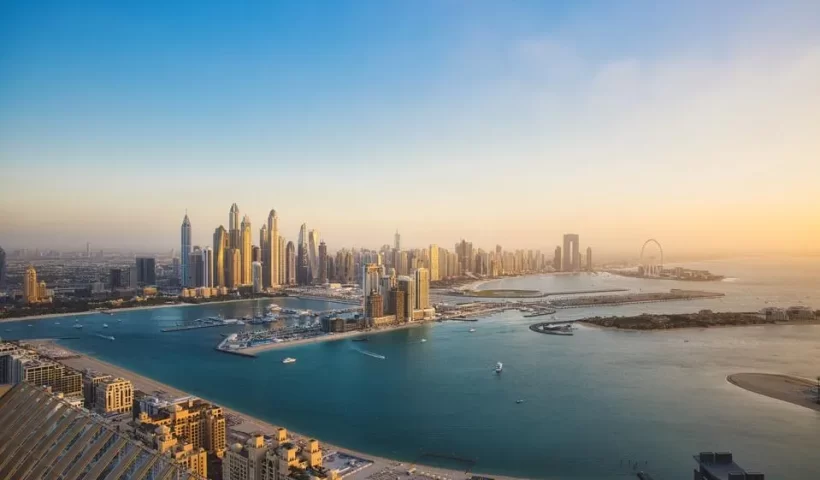Due to its immense appeal, Dubai is expected to welcome around 13 million foreign visitors between January and November of 2022. People travel from all over the world to enjoy the world-class dining establishments, shopping in opulent malls, tanning on the sandy beaches, and drinking in the numerous bars in the city.
Even though Dubai is known for being the “party capital” of the Gulf and as a popular vacation spot, alcohol regulations have made enjoying your favorite cocktail in the city a costly and coveted treat. However, Dubai declared on January 1st that it will remove both the 30% alcohol tax and the licensing fee that foreign visitors and residents previously had to pay in order to purchase alcohol from retailers for personal consumption. Licenses are still only available to non-Muslims who are above age of 21.
For locals and tourists alike, this is a big shift even though drinking in public areas like parks, beaches, and shopping centers is still prohibited. Additionally, driving while intoxicated or drunk could result in a fine or jail time.The action was taken because Dubai is facing increasing rivalry from its neighbors, especially Saudi Arabia, which is making significant efforts to develop its own travel industry. Historically, Dubai has been able to draw in more tourists than other Gulf countries, in part because of its more lenient stance toward guest laws. The World Travel and Tourism Council estimates that foreign tourists spent more than $29 billion in Dubai in 2022.
During the tax’s implementation, “Dubai became a global tourism magnet because it has so much to offer tourists that the alcohol pricing was never an impediment,” says Magdalena Karolak, an associate professor of humanities and social sciences at a UAE university. Karolak claims that the new regulations are consistent with other recent social trends. These include changing the weekend from Friday and Saturday to Saturday and Sunday; allowing food establishments to operate during the day during the holy month of Ramadan with much less restrictions; and establishing a new family law for non-Muslim expat citizens.
“All things considered, these societal shifts make Dubai a desirable place to live permanently rather than just as a popular vacation destination,” claims Karolak. Notably, the new rule eliminated the documentation and costs residents had to pay in order to apply for a liquor license.
regional effects
However, there can be a drawback to the modifications. Karolak notes that because of the prohibitions on alcohol, there are less crimes related to alcohol in Dubai, such as drunk driving and disorderly conduct.
It’s unknown how long the new regulations will last. According to Karolak, the modifications will be implemented through the end of 2023 as a trial. “And, without a doubt, extending them or not will rely upon the effects that are felt in the emirate,”
The creator of the restaurant review website FooDiva.net, Samantha Wood, is based in Dubai and thinks the new project will give the city’s tourism industry a “fantastic boost.”
According to Wood, CNN, “we’ve witnessed alcohol distributors reduce their prices by 30% across both trade and retail.” When orders for new stock begin to arrive, “the consumer is, naturally, expects restaurants to comply and lower prices on their alcoholic beverage lists by the same amount.”
However, she has a suspicion that certain restaurants’ prices won’t fully reflect the tax drop. “I worry that a lot of eateries will take advantage of this chance to lessen the effects of other growing expenses and inflation, such as the impending introduction of corporate tax,”
Wood claims that the action should also attract foreign wine and spirits businesses, who had previously considered the emirate to be too expensive, to show more interest in Dubai.
“This new initiative is a smart move that will enable authorities to keep an eye on the circumstances and see if restaurants play ball by lowering prices, but it’s important to note that it’s only for one year,” she says. “I’m hoping restaurant owners will see the big picture and quickly and sufficiently reduce prices.”

